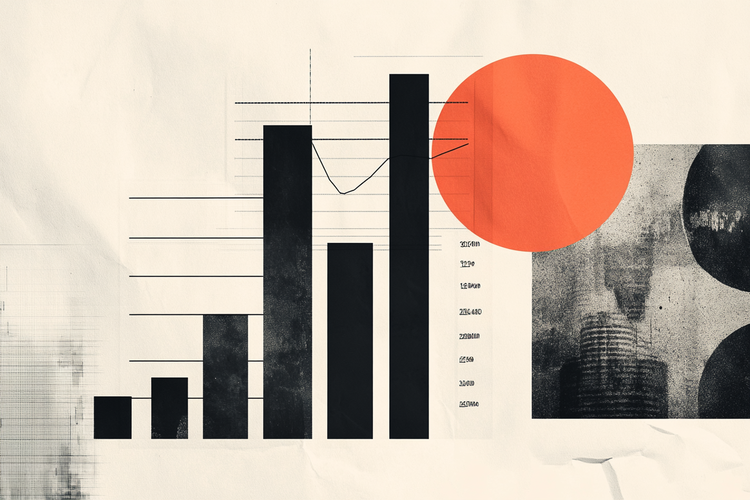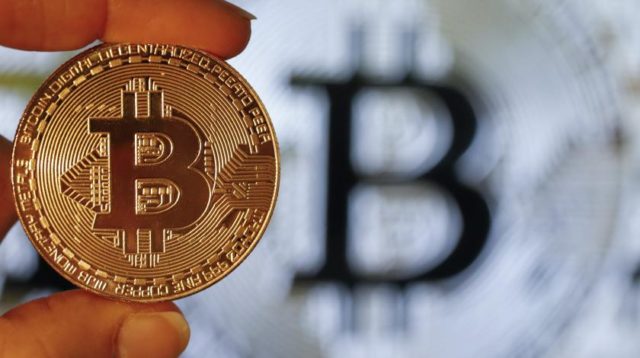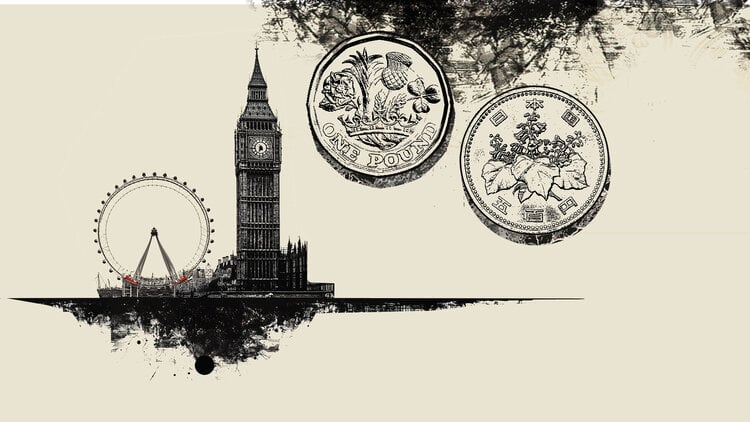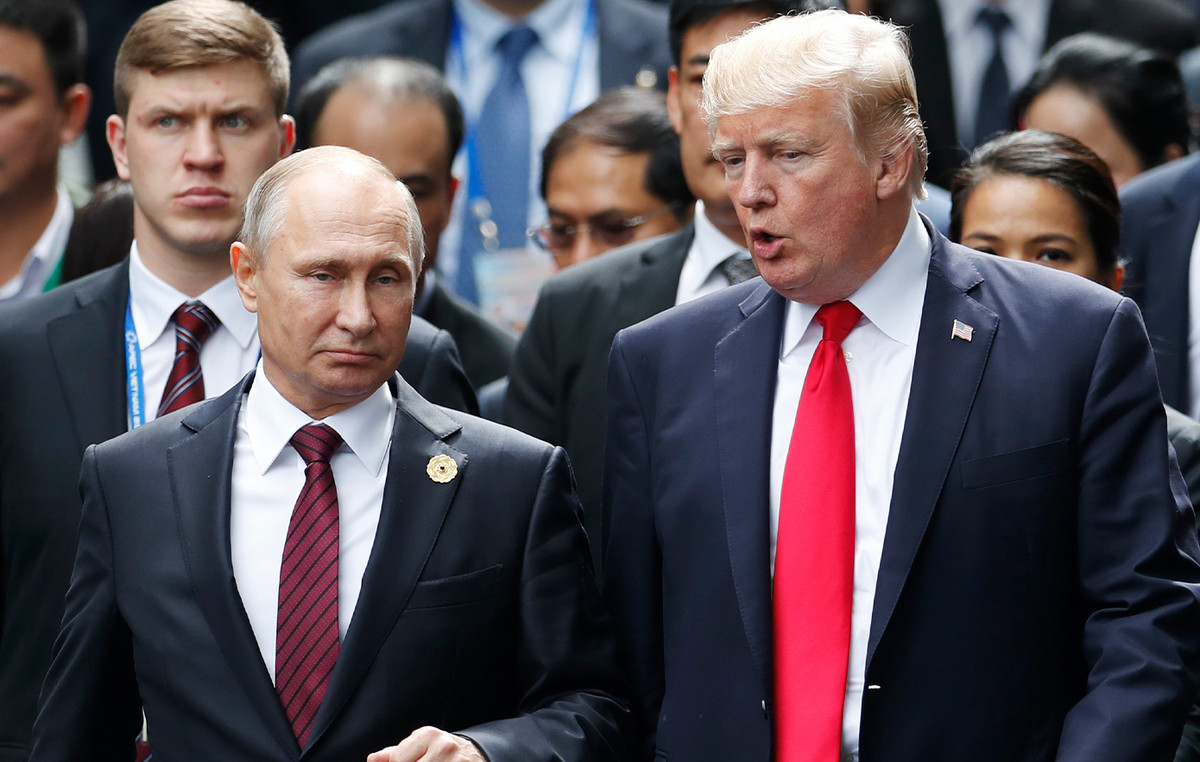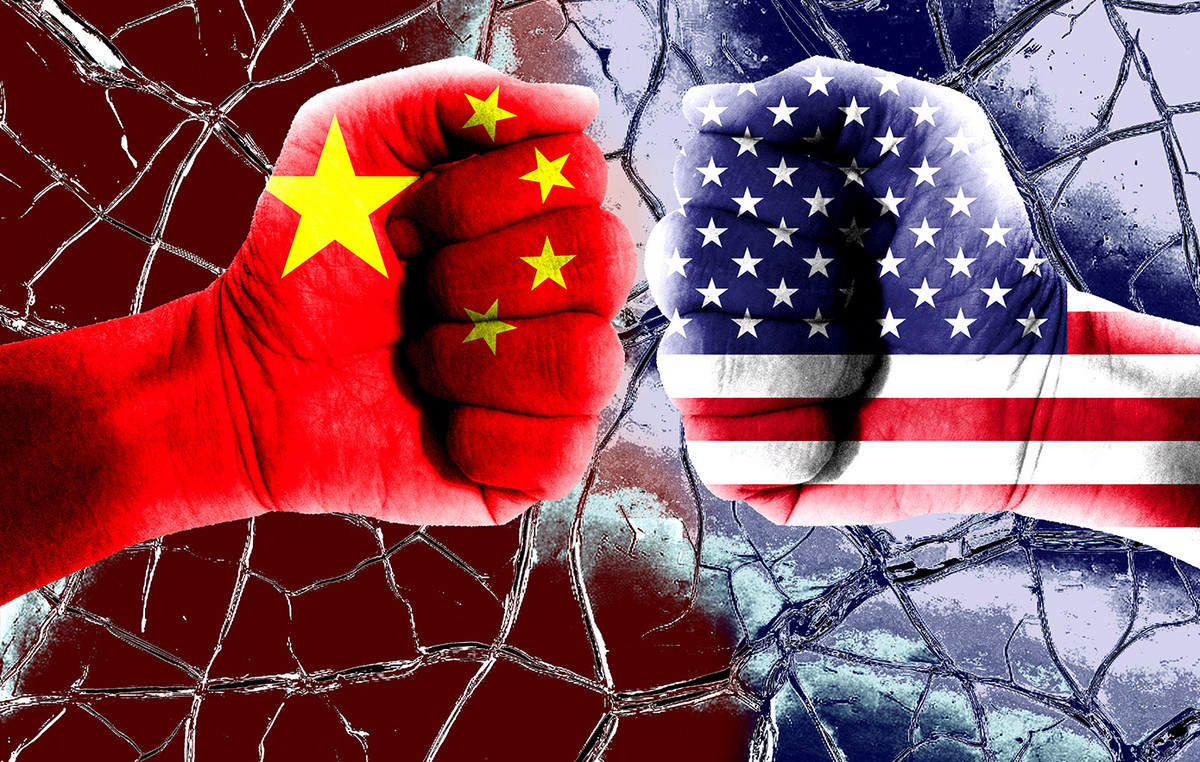India has changed the names of many of its towns and cities over the years. As they did with the port city and former capital Calcutta in 2001. Named after the financial capital of India, Bombay, which was changed to Mumbai in 1996. That same year, Madras was renamed Chennai.
Over the years, even some roads, railway stations and markets have been renamed. The idea, we Indians were always told, was to allow the nation to break once and for all with its colonial past.
Now the most dramatic change of all may be imminent. Earlier this month, India held the G20 meeting of the world’s richest nations. A dinner invitation from Indian President Draupadi Murmu described her as the “President of Bharat ,” sparking speculation in political and journalistic circles that a formal name change could be in the country’s future.
As the inaugural G20 sessions began, suspicions grew: the nameplate on Prime Minister Narendra Modi’s chair, identifying the country he represented, read “Bharat” instead of “India”. Meanwhile, Indian authorities wore badges with the words “Bharat Authority”.
These clues released at the G20 could have been a big revelation.
Several media outlets are reporting that the Modi government may introduce a resolution during a special session of the Indian parliament this week to officially change the country’s name to Bharat, although no agenda has been officially announced.
On Tuesday (19), Modi proposed a new name for the old parliament building, suggesting that from now on it would be called Samvidhan Sadan.
The question that crosses the minds of many people who follow developments in India is why any name change would be necessary. Bharat, which means “India” in Hindi, is already one of the country’s two official names. In fact, Article 1 of the nation’s constitution says: “India, that is, Bharat, shall be a union of states.”
What seems clear to me is that this reformulation proposal has nothing to do with eliminating the traces of an insulted colonial past. The goal, which has been at the forefront of the Modi government’s agenda, is to erase all facets of Indian history that do not feed its right-wing Hindu ideology.
In fact, the state objective of Modi’s Bharatiya Janata Party (BJP) government is to make India a “Hindu nation.” A name change to “Bharat” would be, first and foremost, a question of Hindu nationalism. It is an opportunity to reinforce India’s Hindu identity, even in the name by which it is called. Eliminating the vestiges of British rule is no longer the main objective, if it ever was.
Since coming to power in 2014, Modi has made life increasingly difficult for India’s 200 million Muslims, the country’s largest minority group (they make up about 14% of the population), who face discrimination in finding and obtaining work. of education, and who are increasingly targets of community violence.

Since his re-election in 2019, conditions for India’s Muslims have only worsened, as the government escalates policies that critics say attempt to deprive Muslims of their rights.
In this context, the name changes made by the Modi government may seem like a relatively minor slight, but the erasure is yet another insult to an already beleaguered community. In fact, in recent years, several towns and cities whose names reflect the Muslim empires that dominated the Indian subcontinent centuries ago have been renamed by BJP governments.
In 2018, the northern city of Allahabad, founded by Mughal emperor Akbar, was changed to Prayagraj. A nearby historic railway station, Mughalsarai Junction has been renamed Pandit Deen Dayal Upadhyaya Junction, after a 20th century Hindu nationalist leader. The list of name changes is long and growing.
Modi’s decision to signal the name change at the G20 was curious. For months before the event began, officials planning the event referred to the host country as “India.” Perhaps the idea was to test the new name on the ground at the G20, where the world would be attentive, to assess what the international reaction would be and to sniff out possible public disapproval in India.
In fact, there has been considerable opposition to changing India’s name. During a recent trip to Europe to meet politicians and prominent members of the Indian diaspora, opposition leader Rahul Gandhi called the proposed name change “absurd.”
Even if Modi proposes changing the country’s name to Bharat, some experts say changing India’s name would require a constitutional amendment and therefore the support of two-thirds of both houses of parliament – a tall order as it would be unlikely that the opposition would support him.
However, the debate is lively: some disagree, saying that no amendment to the Constitution would be necessary to change India’s name.

If the measure were successful, there would be a price to pay, as always happens with these types of symbolic and radical changes. According to some, this specific name change could cost tens of millions of dollars. Landmarks would have to be re-inscribed, maps redrawn, books reprinted.
And should this name change come to fruition, there is the question of how it will be implemented and how far authorities plan to take the name change. Would the RBI – the Reserve Bank of India – become RBB? Would the country’s Indian Institutes of Technology become IBTs? Was any of this thought through?
It is a huge capital expenditure in what is the fifth largest economy in the world, which has the largest population in the world, but a per capita income that is a quarter of that of China.
What else could Modi do with these funds to improve the lives of the people of India (or Bharat, if you prefer)? And where else could he direct the nation’s focus and energies? For starters, India is plagued by rampant ethnic violence.
I have not heard Modi address the alarming spiral of violence in the northeastern state of Manipur, where a particularly horrific sexual assault caught on video continues to shock the nation’s conscience.
Here are some things I would address in Modi’s place: Numerous activists, poets, lawyers, journalists, academics and musicians are still imprisoned under a draconian “anti-terrorism” law that the government exercises of its own volition, without accountability or any indication of a timeline.

I think the world’s largest democracy could work to live up to its name and release or at least properly prosecute and judge the activists who have been arrested.
It could also look for ways to address the country’s surprisingly high unemployment rates. And perhaps the government could look for ways to address the plight of women, religious minorities and caste-based minorities who remain insecure while their human rights record is getting worse.
There are some signs of hope. The United Nations and humanitarian groups have condemned New Delhi’s actions against the Muslim minority, although the BJP has repeatedly dismissed the criticism, dubiously asserting that it “respects all religions.”
Encouragingly, earlier this year, in the midst of the mad rush to change the names of India’s cities and villages, the Supreme Court rejected a petition to change the names of a large number of historic sites, saying the proposal went against the principle of secularism enshrined in the Constitution.
“We are secular and we must protect the Constitution. You are preoccupied with the past and dredge it up to place your burden on the present,” the court ruling said.
It’s a message that Modi and his fellow politicians should heed.
*Editor’s note: Akanksha Singh is a Mumbai-based writer whose work has appeared on the BBC, The Independent, South China Morning Post and numerous other publications. The opinions expressed in this article are her own. Read more opinion on CNN.
Source: CNN Brasil
Bruce Belcher is a seasoned author with over 5 years of experience in world news. He writes for online news websites and provides in-depth analysis on the world stock market. Bruce is known for his insightful perspectives and commitment to keeping the public informed.

